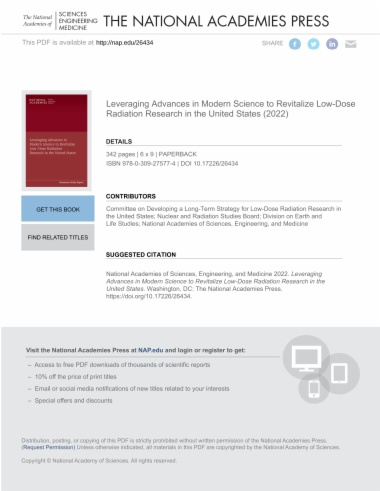In Beyond the World's End T. J. Demos explores cultural practices that provide radical propositions for living in a world beset by environmental and political crises. Rethinking relationships between aesthetics and an expanded political ecology that foregrounds just futurity, Demos examines how contemporary artists are diversely addressing urgent themes, including John Akomfrah's cinematic entanglements of racial capitalism with current environmental threats, the visual politics of climate refugees in work by Forensic Architecture and Teddy Cruz and Fonna Forman, and moving images of Afrofuturist climate justice in projects by Arthur Jafa and Martine Syms. Demos considers video and mixed-media art that responds to resource extraction in works by Angela Melitopoulos, Allora & Calzadilla, and Ursula Biemann, as well as the multispecies ecologies of Terike Haapoja and Public Studio. Throughout Demos contends that contemporary intersections of aesthetics and politics, as exemplified in the Standing Rock #NoDAPL campaign and the Zad's autonomous zone in France, are creating the imaginaries that will be crucial to building a socially just and flourishing future.
- COVER
- CONTENTS
- LIST OF ILLUSTRATIONS
- INTRODUCTION. The World’s End, and Beyond
- CHAPTER ONE. Feeding the Ghost: John Akomfrah’s Vertigo Sea
- CHAPTER TWO. Blackout: The Necropolitics of Extraction
- CHAPTER THREE. The Visual Politics of Climate Refugees
- CHAPTER FOUR. Gaming the Environment: On the Media Ecology of Public Studio
- CHAPTER FIVE. Animal Cosmopolitics: The Art of Gustafsson&Haapoja
- CHAPTER SIX. To Save a World: Geoengineering, Conflictual Futurisms, and the Unthinkable
- CHAPTER SEVEN. The Great Transition: The Arts and Radical System Change
- ACKNOWLEDGMENTS
- NOTES
- INDEX
- A
- B
- C
- D
- E
- F
- G
- H
- I
- J
- K
- L
- M
- N
- O
- P
- Q
- R
- S
- T
- U
- V
- W
- X
- Y
- Z

